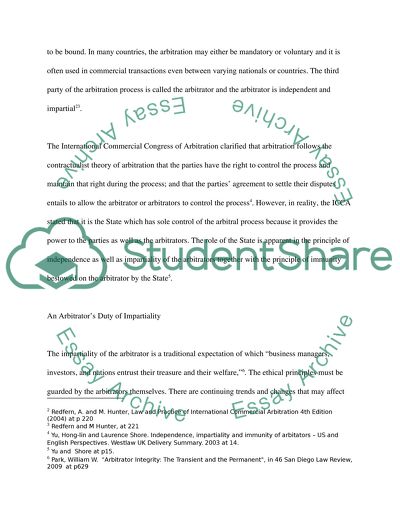Cite this document
(“INTERNATIONAL COMMERCIAL dispute resolution Essay”, n.d.)
Retrieved from https://studentshare.org/environmental-studies/1412929-international-commercial-dispute-resolution
Retrieved from https://studentshare.org/environmental-studies/1412929-international-commercial-dispute-resolution
(INTERNATIONAL COMMERCIAL Dispute Resolution Essay)
https://studentshare.org/environmental-studies/1412929-international-commercial-dispute-resolution.
https://studentshare.org/environmental-studies/1412929-international-commercial-dispute-resolution.
“INTERNATIONAL COMMERCIAL Dispute Resolution Essay”, n.d. https://studentshare.org/environmental-studies/1412929-international-commercial-dispute-resolution.


